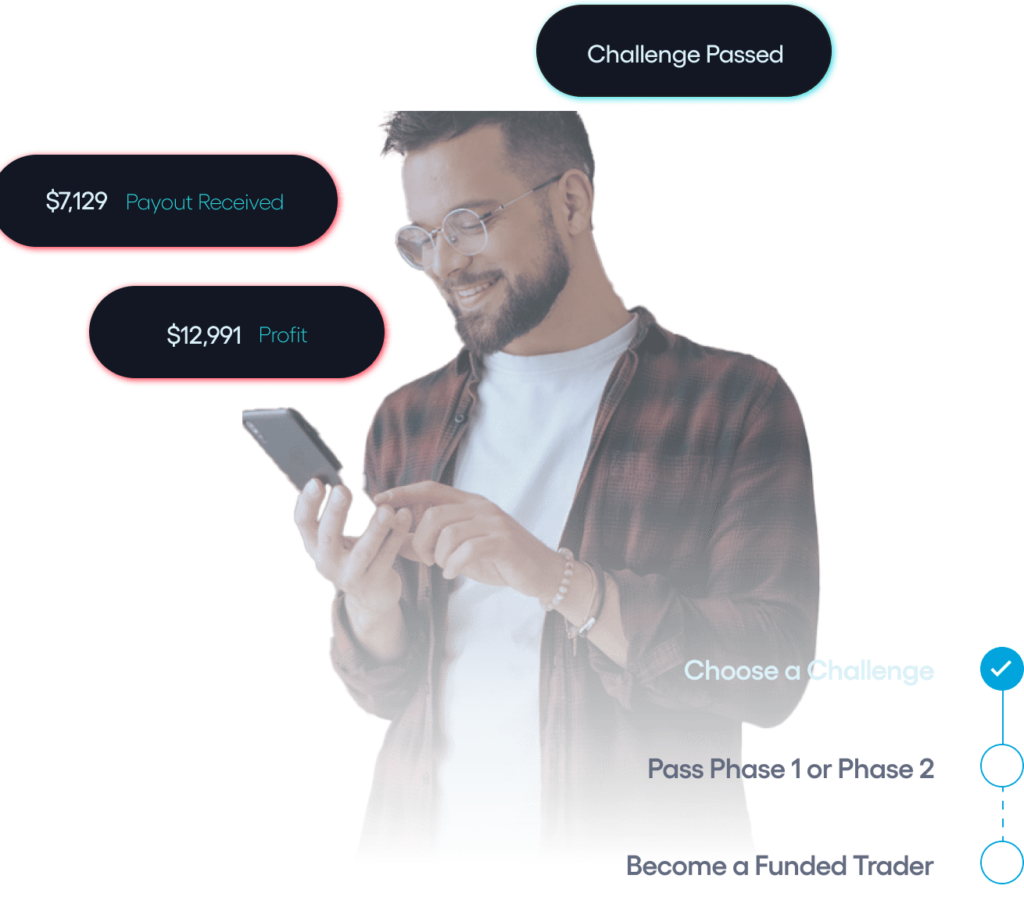Futures trading is a powerful tool for investors looking to hedge against price changes or speculate on market movements. Whether you’re trading commodities, stocks, or currencies, futures can offer both opportunities and risks.
What Are Futures?
Futures contracts are agreements to buy or sell an asset at a predetermined price on a future date. These contracts apply to a variety of assets, such as:
- Commodities (e.g., oil, gold, corn)
- Financial instruments (e.g., stock indices, interest rates)
- Currencies (e.g., USD, EUR)
Unlike options, futures contracts require both parties to fulfill the agreement, whether it’s a cash settlement or physical delivery of the asset.
How Futures Trading Works
Futures trading happens on regulated exchanges that standardize contract terms, including:
- Quantity of the asset
- Quality (for commodities)
- Expiration date
- Settlement method (cash or physical delivery)
For example, a gold futures contract typically represents 100 troy ounces. If gold is trading at $2,000 per ounce, the total contract value would be $200,000.
Key Benefits
- Leverage:
Futures allow traders to control large positions with a smaller upfront investment, increasing potential returns. - Liquidity:
Futures markets are highly liquid, making it easy to enter and exit trades with minimal price impact. - Hedging Opportunities:
Businesses and investors use futures to protect against price fluctuations. For example, airlines buy fuel futures to lock in costs.
Risks
Despite their benefits, futures carry significant risks:
- Market Volatility:
Price fluctuations can lead to rapid losses if the market moves against your position. - Margin Calls:
Traders must maintain a minimum margin level, and losses may require additional capital to keep positions open. - Expiration Dates:
Unlike stocks, futures contracts have fixed expiration dates, requiring active management.
How to Start Trading Futures
To begin trading futures, follow these steps:
- Choose a Broker:
Select a reputable brokerage that offers futures trading and competitive fees. FunderPro now offers FunderPro Futures. Click here to sign up and start trading today! - Understand Margin Requirements:
Brokers require traders to deposit a percentage of the contract value as collateral. - Select a Strategy:
Develop a trading plan, whether for speculation or hedging purposes.
Is Futures Trading Right for You?
It is not for everyone. While it offers diversification and leverage, the risks require careful management. Consider your experience, financial goals, and risk tolerance before getting started.



